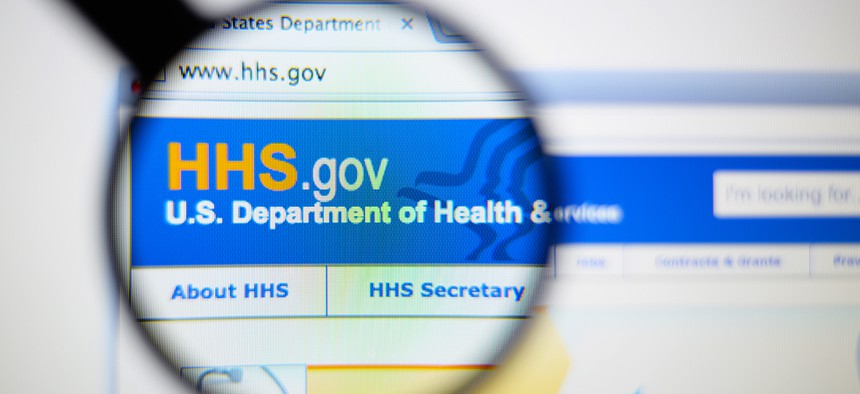HHS Revises Open Gov Policy to be More Open

Gil C/Shutterstock.com
The agency published the fourth draft of its open government plan.
The Health and Human Services Department plans to make more of its operations transparent to the public over the next two years, according to a new draft plan published this week.
The fourth version of HHS' "Open Government" framework outlines its intention to use more free open source code, hold more challenge competitions, and make more health data available to scientists and citizens so they can do their own research.
HHS is collecting public comment on the plan until early September and aims to publish the final document in the fall.
» Get the best federal technology news and ideas delivered right to your inbox. Sign up here.
“I often hear that federal government agencies are too complex to navigate and that 'my idea' doesn’t have a chance of finding a receptive ear or eye,'” Greg Downing, HHS' executive director for innovation, wrote in a blog post this week.
The department plans to use free open source software and collaborate with other agencies, as well as components within HHS, to share technology instead of buying new, the plan said. HHS' office of the chief information officer aims to share a list of available contracts with other agencies, which "centraliz[es] active, upcoming, or discarded open source software projects and coding" so other groups can "piggyback off of existing projects to lower costs and maximize savings to taxpayers."
HHS plans to ramp up open data projects, including DataMed, a biomedical data search engine, currently in the prototype phase. DataMed's available data sets "will increase massively," and the project will transition from a pilot to deployment soon, the plan said.
The Centers for Disease Control and Prevention have been using the GitHub repository to allow the public to share knowledge about the Zika virus and learn from past outbreaks including Ebola. CDC plans to continue tapping the public for help with such crises.
The department also plans to simplify the process by which agencies issue challenges and contests for the public, often with cash prizes, the draft said, and will "plac[e] greater emphasis" on prizes and challenge competitions over the next two years.





